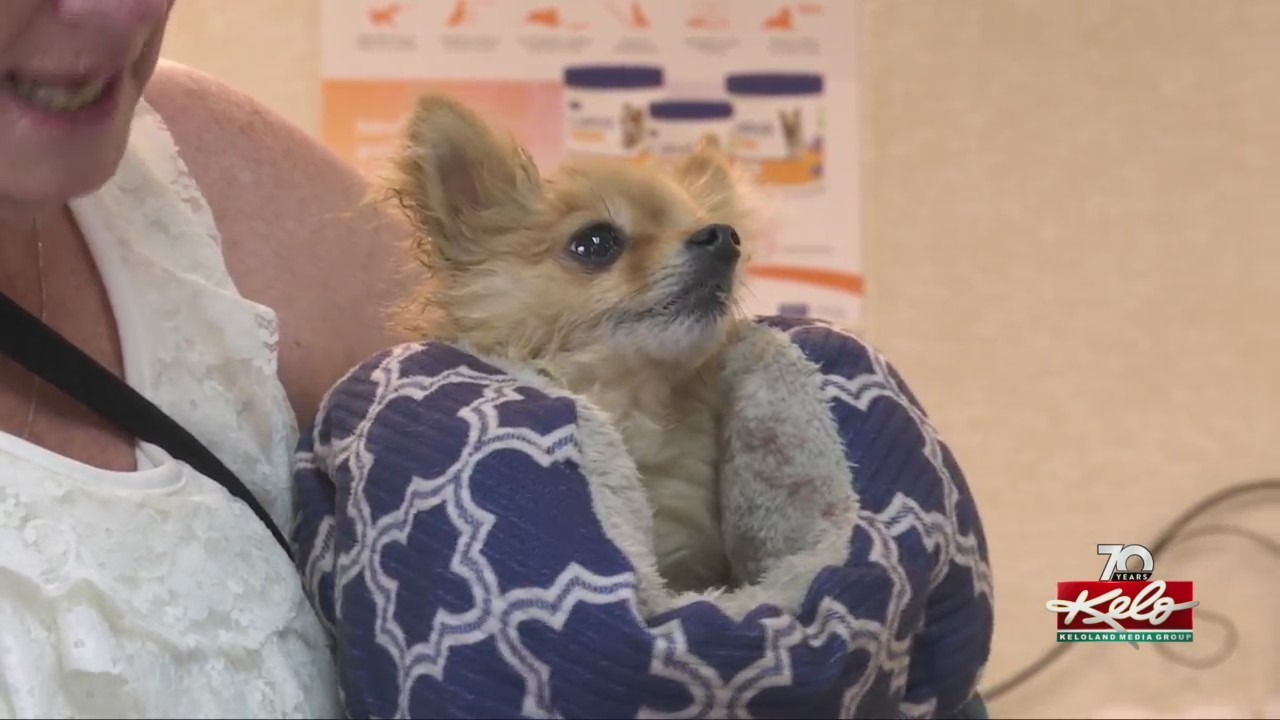Infection
Sioux Falls vet sees big spike in parvovirus infections in adult dogs
SIOUX FALLS, S.D. (KELO) –With an effective vaccine available, the deadly parvo virus is generally rare to find in dogs across the U.S., but a KELOLAND veterinarian is concerned about a growing number of cases she’s seen over the past few weeks.
“Usually we have maybe one or two a year from a farm dog or a puppy born that didn’t get the vaccine,” Dr. Lisa Coder with Vital Animal Clinic said..
While cases of parvo do pop up every year…
“It’s a virus that infects the gastrointestinal tract and potentially the blood and the bone marrow of dogs,” Dr. Coder said.
…the Sioux Falls veterinarian says she’s never seen anything quite like the past three weeks.
“We had 16 positive cases; I’ve been a veterinarian for 10 years, I don’t think I’ve seen 16 cases in my entire career, up to this point,” Dr. Coder said.
While the virus is most commonly found in puppies, she says the kinds of dogs testing positive for parvo right now are also unusual.
“What we’re seeing is an incredible increase in adult dogs that are vaccinated and that’s worrying, because we may be having a new strain or maybe we aren’t catching these dogs with their vaccines often enough,” Dr. Coder said.
Dogs should be getting a parvo vaccination every one, two or tree years, depending on the type of vaccine used. Dr. Coder says it’s an essential precautionary measure against a disease, that if left untreated or undetected, is highly fatal.
“Over 90 percent of dogs will die from it,” Dr. Coder said.
It’s why her office is taking some big precautions right now to prevent the spread of the virus.
“Parvo virus is terribly contagious, very easily transferable,” Dr. Coder said.
Dogs can pick it up by coming in contact with any fecal matter infected with the virus, including wildlife. It can even live and spread in dirt that’s come in contact with infected waste.
“Once it’s on the ground it can live almost indefinitely,” Dr. Coder said.
“I usually take my dogs to the dog park during the summer, I don’t take them now, they hate not going, also concerned about their safety,” vet tech Lisa Mann said.
As a dog owner herself, vet tech Lisa Mann has been keeping her own dogs away from public areas and even changing her clothes before returning home as a precaution.
“I just don’t want to bring it home to my dogs,” Mann said.
Dr. Coder says early detection is key. Dog owners should watch for signs of lethargy, especially in puppies. Vomiting, diarrhea and loss of appetite are also possible signs of a parvo infection.

